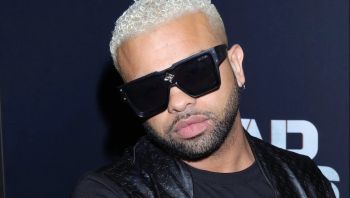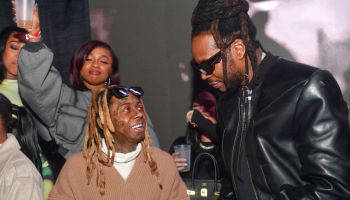Well, hey there! I know, I know, I’ve been MIA for a minute. And I’ll explain, I promise. The thing about being “gone” for a while is, as we’ve oft seen demonstrated with our favorite artists, that it puts a little bit of pressure on whatever you have to say when you come back. I knew I needed a timely topic to speak on with you guys; not simply a random “Guess what happened to me this week…” And I can’t think of something more timely than the election.
This is not a post admonishing all of you who are still not involved in the political process or not interested in what’s going on right now (although, seriously, if that’s the case, you’re wack). But rather, I wanted to talk about how I’ve seen the Hip Hop generation and community, and Urban Entertainment as a whole, grow up and embrace Political Involvement.
When I was younger, while my parents were listening to their throw back protest music, and jamming to Fela Kuti and other radical artists making impactful statements, we were listening to happy hip hop and dancing. Granted, Hip Hop did speak to the community, and we had groups giving powerful commentary: Public Enemy, Afrika Bambata and the Zulu Nation, the Native Tongues, to name a few. But I feel like that was more about embracing where we came from and who we were as a people: fighting the power, embracing the Motherland, protecting the Red, the Black, and the Green; than it was about becoming active participants in the practices and policies of our Nation. I think this is what we needed, then. Knowledge of self. We had so many social issues in our own community that threatened to, frankly, destroy us: Black on Black violence, young women having kids, drugs running rampant. What I don’t remember, though, is a call to action regarding the larger political landscape. Hip Hop was actually anti-government and anti-establishment. I don’t remember any Hip Hop or R&B artists campaigning for Clinton, even though he was the first candidate to reach out to our generation. There’s a much larger conversation to be had about this, and I recognize that, but seeing as how this is a blog post and not an article, we’ll stick to t
















